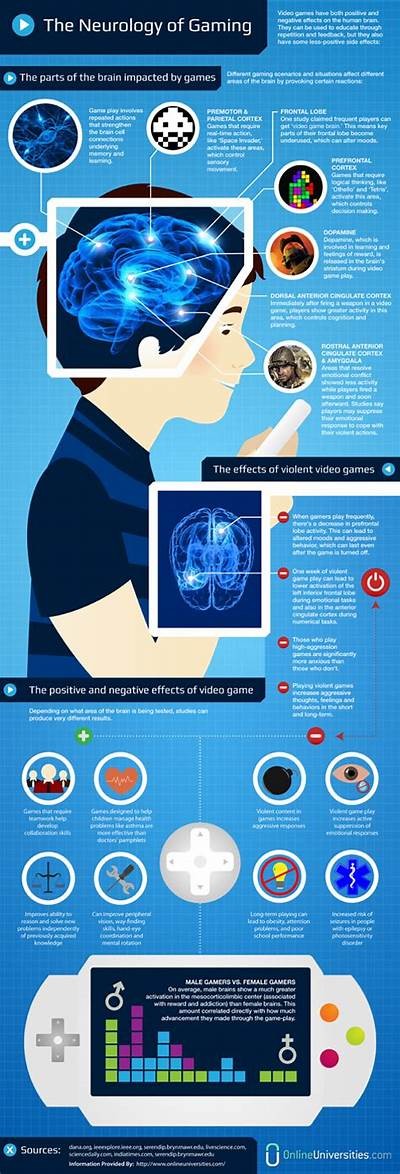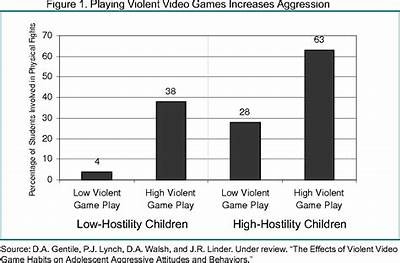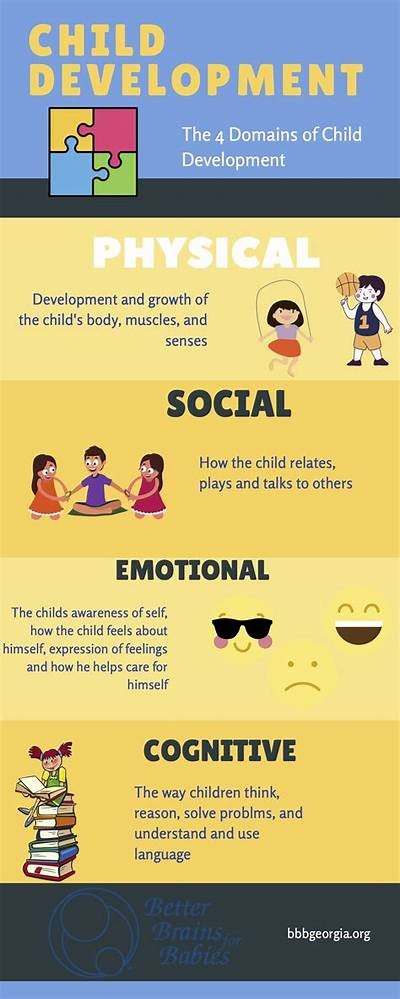In recent years, interactive gaming has emerged as a significant factor in the development of children. As technologies become more sophisticated and accessible, children are increasingly engaging in various forms of interactive play. This shift raises important questions about the effects of gaming on cognitive development and social skills. Interactive gaming encompasses a wide variety of activities, from video games to educational apps. Research has shown that certain types of games can enhance cognitive abilities such as problem-solving skills, spatial awareness, and multitasking. For example, puzzle games require players to think critically and strategically, fostering analytical skills that are essential for academic success. Games that present complex challenges necessitate that players devise creative solutions under pressure. These experiences can translate into real-world problem-solving abilities. Studies have indicated that children who engage with these games tend to approach challenges with a more strategic mindset, analyzing different possibilities rather than opting for impulsive decisions. Interactive games often require players to navigate three-dimensional environments, which improves spatial reasoning. This enhancement is particularly beneficial in fields such as science, technology, engineering, and mathematics (STEM). Additionally, action games can improve fine motor skills as players must coordinate their movements in response to on-screen events. Many interactive games incorporate elements that require players to juggle multiple tasks simultaneously. This can lead to improved multitasking abilities in children, as they learn to prioritize and manage their time effectively during gameplay. Studies have suggested that gamers often outperform non-gamers in tasks involving divided attention. While cognitive development is crucial, it is equally important to consider the social implications of interactive gaming. Many interactive games encourage collaboration, competition, and communication among players. Online multiplayer games allow children to interact with peers, fostering a sense of community and teamwork.
In cooperative games, players must work together to succeed, which cultivates effective communication skills and teamwork. These experiences can teach children the value of working collectively towards a common goal, an essential skill in both academic and professional settings.
Games that require real-time communication, whether through voice chat or messaging systems, help children develop their verbal and non-verbal communication skills. This exposure can also enhance their ability to interpret social cues, fostering deeper interpersonal relationships.
Despite the many benefits of interactive gaming, it is essential to acknowledge the potential risks. Excessive gaming can lead to negative consequences such as addiction, social isolation, and exposure to inappropriate content. Parents and guardians should monitor gaming habits and ensure a balanced approach to play.
Establishing screen time limits and encouraging a variety of play options beyond gaming can help mitigate these risks. Engaging children in discussions about the content they encounter and the importance of balance in their activities can empower them to make healthier choices.
In conclusion, interactive gaming can have a profound impact on cognitive development and social skills in children. While the benefits are compelling, it is crucial for parents and educators to guide children in their gaming experiences. By doing so, they can harness the positive aspects of gaming while minimizing potential risks, ultimately leading to a well-rounded and enriching play experience for children.
The exploration of interactive gaming reveals that when utilized thoughtfully, these games can serve as powerful tools for learning and development. As technology continues to evolve, so too will the opportunities for children to engage in meaningful play that supports their growth and lifelong learning.
```
Play: Exploring the Impact of Interactive Gaming on Cognitive Development and Social Skills in Children

The Role of Interactive Gaming in Cognitive Development

Enhancing Problem-Solving Skills

Improving Spatial Awareness and Motor Skills

Boosting Multitasking Abilities

The Social Aspect of Gaming
Encouraging Teamwork and Collaboration
Building Communication Skills
Addressing the Risks of Interactive Gaming
Setting Healthy Boundaries
Conclusion: The Future of Interactive Gaming in Child Development
